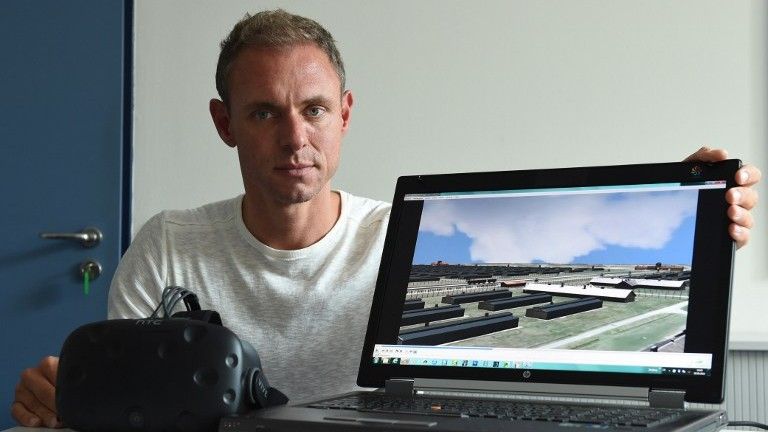NASA-funded project sends holographic recordings of real humans in Virtual Reality to crew members of 12-month Simulated Mars Isolation Study
October 13 2016 — As NASA prepares for its Journey to Mars in mid 2030’s, an experiment recently concluded in a remote University of Hawaii Mars simulation site to study the effects of long term isolation on an international team of six scientists, and the potential for virtual reality as an asynchronous communication tool. In a first of its kind pilot, the subjects at the facility called HI-SEAS have received holographic recordings of astronaut Buzz Aldrin and vocal artist/comedian Reggie Watts, which when viewed in virtual reality, simulate true presence and could help mitigate the feeling of isolation.
The research, led by R&D consulting company SIFT (Smart Information Flow Technologies), is enabled by holographic software company 8i, which developed proprietary technology to bring photorealistic holograms of humans into virtual and augmented reality experiences.





